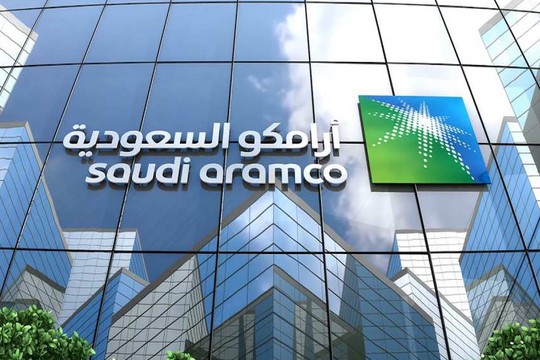The United States and its allies quickly reacted to the fact that BRICS invited Saudi Arabia to join its ranks. Now, through the ‘UN investigation’, the Americans will put pressure on Riyadh in order to prevent the Kingdom from joining BRICS.
Saudi Aramco is being investigated by the United Nations for possible human rights violations tied to fossil-fuel induced climate change, Bloomberg informs.
The company has been informed by the UN’s human rights and transnational corporates working group that it is looking into allegations that Aramco’s operations “appear to be contrary to the goals, obligations and commitments under the Paris Agreement on climate change,” and are “adversely impacting the promotion and protection of human rights in the context of climate change,” according to a letter dated June 26 and published Friday.
The probe follows a 2021 request to the UN Special Procedures human rights system by the environmental advocacy group ClientEarth to investigate Aramco. The nonprofit is targeting the Saudi oil company because it’s the world’s biggest fossil-fuel producer and “the largest single corporate emitter of greenhouse gas leading to climate change,” according to Fran Warburton, a spokeswoman for ClientEarth.
“We expect that the UN Special Procedures human rights system will be increasingly used to bring international legal attention to corporate responsibility for climate change and nature in the coming years,” Warburton said. “At ClientEarth, we will continue to consider all legal avenues.”
The UN said the letter was sent “without prejudging the accuracy of these allegations.” However, it also underlined what it called its “serious concern” regarding the detrimental impacts on human rights “caused by activities such as the exploitation of fossil fuels which contribute to climate change” and which it described as an “existential threat.”
The UN has repeatedly called for countries and companies to accelerate the move toward net zero under verified frameworks that exclude building new fossil fuel supplies. In a November statement that also targeted the financial industry, Secretary-General António Guterres said commitments mustn’t be used as a “toxic cover-up.”
Similar letters to the one sent to Aramco were distributed to the company’s banks, and to the countries in which they operate, the UN said. Recipients of the letters were given 60 days to respond to the allegations, and to disclose measures taken to avoid “public information campaigns based on inaccurate, misleading and unfounded assertions that harm the ability of States and the public to make informed decisions pertaining to climate change.”
read more in our Telegram-channel https://t.me/The_International_Affairs

 11:31 28.08.2023 •
11:31 28.08.2023 •























